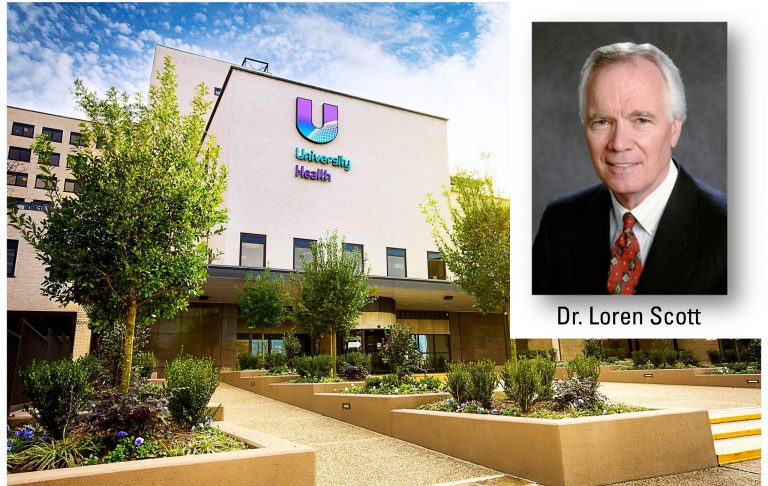Economic impact study shows University Health System the largest contributor of all public-private hospitals
An economic impact study by noted economist and former LSU chair of economics Dr. Loren Scott outlines the economic impact of hospital privatization on the State of Louisiana and the 21-parish North Louisiana region primarily served by the University Health System (UHS).
The study, commissioned by BRF, owner and operator of UHS, shows that the privatization effort created the following impacts on the 21-parish North Louisiana region:
- $1 billion in new sales
- $400 million boost in household earnings
- An average of 2,818 jobs per year
- $18 million in local government treasuries from tax collections
- $383.2 million in lease and FMAP payments to the State
- $461.1 million in physician FMAP payments to the State (41 percent of all physician FMAP payments made came from UHS)
- $58.2 million in capital expenditures savings to the State (41.5 percent of all capital expenditures savings came from UHS)
- Reduced wait times (ER wait time reduced by 60 percent, referral queues from 12,000 to 1,200, MRI and CT wait times from 60 days to 1 day)
- Expanded specialty services (advanced cancer radiation treatment with new Versa HD Linear Accelerator; incorporated latest treatments for heart failure, including the “Absorb” dissolving stent and Cryoablation cold therapy; and added the blood and marrow transplant program, the only within a 250-mile radius of Feist Weiller Cancer Center)
- Improved quality (opening of new cardiac catheterization lab, additional operating room suites, renovated grounds and facilities)
- Other improvements (transition to electronic medical records, improved billing collections by 44 percent, initiated community health programs)


